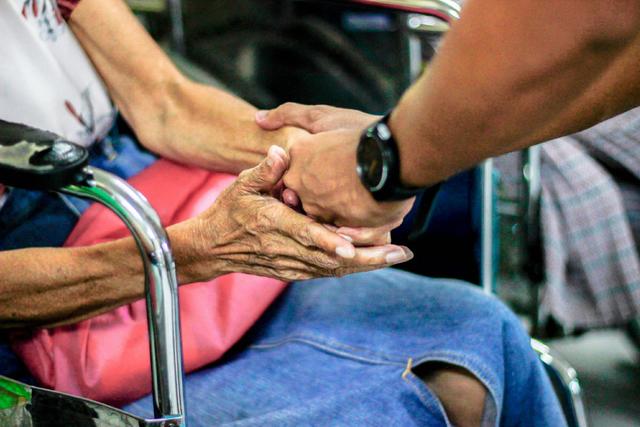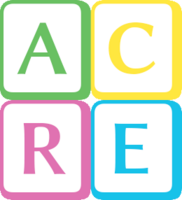
Supportive Housing Worker Training (Interim)
This course provides standard training for staff working at Supportive Housing Programs. In 2.5 hours of content, it covers: adding clients, consent, families, financial and health information, and other client information; case management; VAT & SPDAT assessments; and appointments.
The Consent module is used to record any consent given or denied by the client related to service provider services. You can indicate if the consent was given, at which date and even attach signed documents.
The Family module is used to keep track of a client’s family members and the role each member has in the family. Family roles include dependant, family head and partner. When a client is linked to a family, they can be managed as a family unit for certain activities, such as book ins.
The Housing History module is used to keep track of the client’s past and present housing situation.
The Financial Profile module allows users to help clients manage their finances by tracking their income, expenses, assets and debts. Once values are added, visual representations of the client’s financial profile will appear.
The Health module is used to log any health issues a client has. It is important to note that HIFIS is not a medical database and any health information entered can be difficult to confirm and should be reported on with caution.
The Case Management module allows the service provider to keep records of the activities done with a client to reach pre-determined goals. Each goal (desired outcome) that a caseworker and client work towards is a separate record in the Case Management module. For example, if a client has a mental health issue they would like to work on and would also like to find employment, two Case Management records would be created for the client.
The Service Prioritization Decision Assistance Tool (SPDAT) was developed as an assessment tool for frontline workers at agencies that work with homeless clients to prioritize which of those clients should receive assistance first.
The Vulnerability Assessment Tool (VAT), developed at the Downtown Emergency Service Center (DESC) in Seattle, Washington, provides a structured way of measuring an individual's vulnerability to continued instability.
